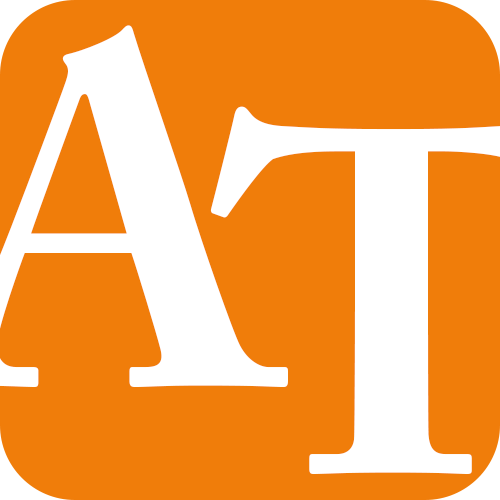Marshmallows? Kosher or Not?
Halachah
So I asked Rabbi Siegel - "Sorry to bother you about something to trivial, a short answer will be sufficient. A friend who is not kosher gave my children rice crispy treats home made. I thanked her for the treat, then put it out of reach, cause I'm pretty sure she used non-kosher marshmallows. I should just toss them right?"
The Rabbi sent me this teaching he had previously written on -
"Not necessarily, if the only problem is the marshmallows.
When is a part of a non-kosher animal kosher? When it is no longer food.
It is clear in the Talmud that although a dead bug is not kosher, a bug that has turned to dust is of no consequence. We also find that the hooves and horns of non-kosher animals may be ingested, if there is no flesh attached. Presumably, these things were for some medicinal purposes, much as Traditional Chinese Medicine (a hobby of mine) uses these things even today. T
here is a question raised in the Talmud if earth needs to be considered a non-kosher substance, since it contains the remains of countless creatures. The ruling is that it is not a problem, as the creatures have long ago decayed. This is all based on Deuteronomy 14:21, that tells us to give non-kosher meat to the GER (Toshav), or sell it to the pagan (Nochri, literally "stranger"), and he shall eat it.. T
he implication is understood that one can only give it, or sell it, if it is edible. One may not eat any non kosher flesh, until it is no longer food. However, if non kosher food should fall into kosher, if it is spoiled, or even if it does not taste good in that particular mixture, the kosher remains kosher. The non-kosher needs to be removed and discarded, but it has not contaminated anything else. This is called "Noten Taam LiFgam" (imparting a bad taste). So, you would not be able to eat pork, until it had essentially turned to dust. But if edible, yet bad tasting pork fell into your soup, just take it out and throw it away.
This may seem like a very unlikely scenario. But in modern times, this has become a major bone of contention(no pun intended). For example, what is gelatin? It can be made from many things, but usually from pig bones and calf skins. Yikes, isn't that non-kosher?!?! Not necessarily! In the U.S., most rabbis forbid it. In Israel, most rabbis permit it. Nearly all Sephardic rabbis around the world permit it. How? What it is made from is not the end of the story! It is soaked in an acid bath, until it becomes a colorless, tasteless powder. At that point, it is no longer food! Afterwards, other processes are done, which makes it again edible. Does this resurrect its non-kosher standing?
The policy of the American Kashrut agencies says that it does. But if we check their references, we can see that they actually say "It's theoretically kosher, but better not to use it". This idea extends to a host of other food products and additives, that are made from non-kosher sources, but have undergone significant chemical changes. One would never guess where they come from!
So, one controversy in the Kashrut field, is the issue of a vastly altered non-kosher substance. Another issue is "how altered makes it vastly altered?" A good example is whey. When milk is broken down, with the solids separating from the liquid portions (remember Little Miss Muffet?), the liquid part is called whey. But another solid part can be extracted from the whey. This is known as whey powder. It tastes and smells like vomit. But, besides being favored and sold to athletes and heath food addicts as "protein powder", it plays a number of vital roles in the baking industry. Is it Kosher? Sure. But is it dairy, and hence forbidden to have with meat? Virtually all commercial bread has it. Is the final, disgusting powder still milk? These are the kinds of things rabbis love to fight over.
However, there are certain people who have much to gain by declaring all of these things to be problematic, or even forbidden. They are called the Kashrut Industry, That will be the topic of my next post."
updated by @rivkah-holland: 06 Sep 2017 11:01:55

